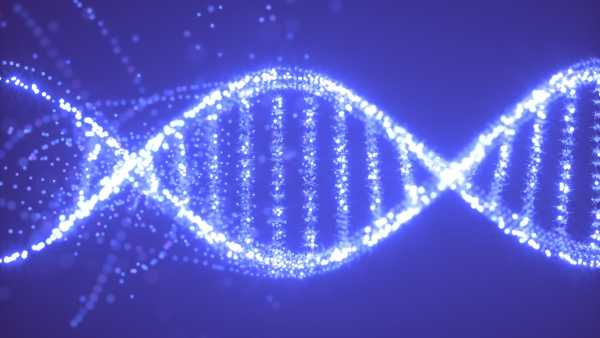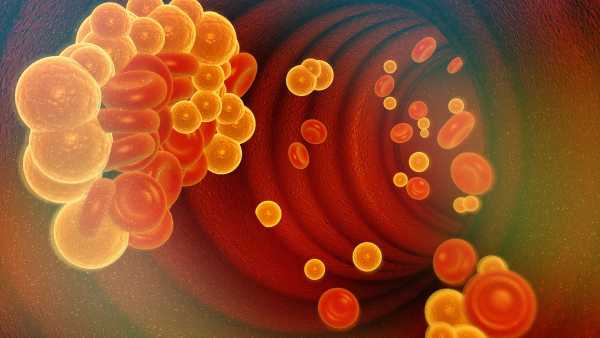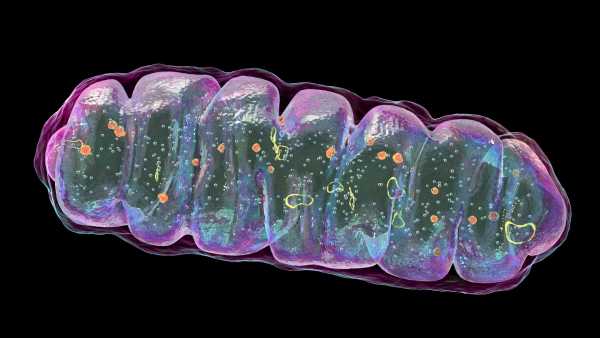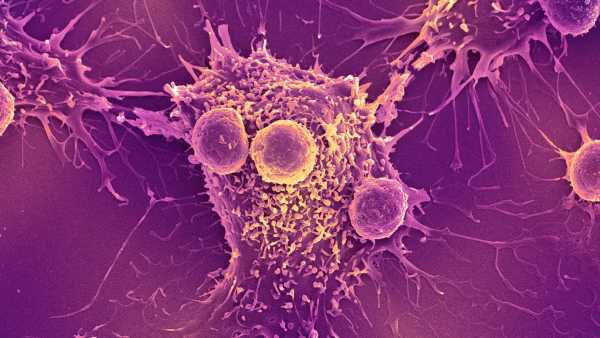
(Image credit: KTSDESIGN/SCIENCE PHOTO LIBRARY via Getty Images)
Millions of years after one of our ancestors lost functionality of a gene, a new experimental study has found that reactivating it could be the key to preventing gout.
Gout, a form of arthritis that causes severe pain and swelling in the joints, occurs when there is too much uric acid in the blood. Its crystals trigger inflammation, causing attacks that last from days to weeks.
Although there are medications available to regulate uric acid, many of them are either limited in effectiveness or come with side effects, including dangerous immune reactions.
You might be interested in
-

New Cholesterol Fighter: In Vivo Gene Editing Reduces LDL Levels
-

Rare fatal disease: Child shows significant progress after experimental therapy
-

“Sleeping” Human Genes: The Potential of Untapped Possibilities
In a July 18 study in Scientific Reports, scientists propose an innovative approach: using CRISPR to restore the lost uricase gene to reduce uric acid levels.
“The human cells retained the ability to interact with this protein,” Eric Gaucher, a co-author of the study, told Live Science. Lais de Lima Balico, a postdoctoral fellow in his lab, also participated in the study.
So far, the method has only been tested in cell models, but the results indicate that gene therapy holds promise for long-term treatment of gout.
Gout affects 4% of the world's population, but is rare in animals due to active uricase
Sourse: www.livescience.com





